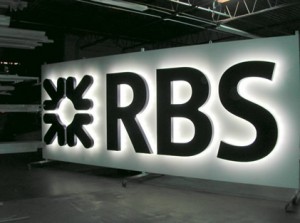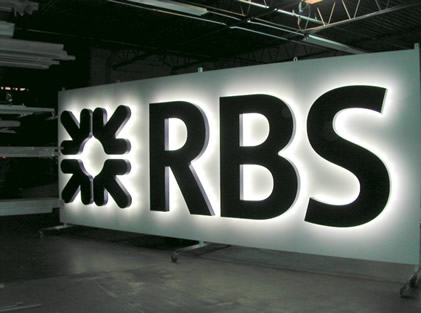 Both the Royal Bank of Scotland’s chairman and the Prime Minster have a very clear stance on public RBS ownership: it should be sold as soon as possible. But Business Secretary Vince Cable has a different view – one that sees RBS sitting in public hands for well over five years as the bank slowly transitions back to private ownership.
Both the Royal Bank of Scotland’s chairman and the Prime Minster have a very clear stance on public RBS ownership: it should be sold as soon as possible. But Business Secretary Vince Cable has a different view – one that sees RBS sitting in public hands for well over five years as the bank slowly transitions back to private ownership.
Bailed out in 2008 at a £45 billion taxpayer expense, RBS has changed from being an annoyance into a major political issue over the past twelve months. The government has lost almost 30 percent of its investment in the bank over the past few years due to a stock price that’s declined from £5.02 to £3.25 since its purchase in 2008.
Despite the bank’s recent declaration of a quarterly profit, the government’s stance on the bank has been clear – sell it, and quickly. Business Secretary Vince Cable has publicly stated that he believes a return to private ownership for RBS is unlikely in the next five years due to the government’s inability to dictate a rigid timetable.
Speaking to the Sunday Telegraph, Mr Cable stated hat he doesn’t ‘think it would be sensible for the government to set a rigid timeline’ on the bank’s sale, and that ‘RBS going back into private ownership [during] this Parliament or probably within five years’ is unlikely.
Mr Cable claims that the bank has grown too big and that breaking it into a good and bad operation, as the government has suggested, simply isn’t feasible. He has stated that there is ‘no simple yes or no answer’ regarding the best course of the bank, and that returning the bank to private ownership before 2018 is ‘pretty unrealistic.’
David Cameron stated in May that his goal was to return RBS to private ownership as soon as possible. RBS chairman Sir Philip Hampton has stated that the bank may return to private ownership by the middle of 2014, or perhaps sooner, but that the ultimate timetable will be decided by the government.





